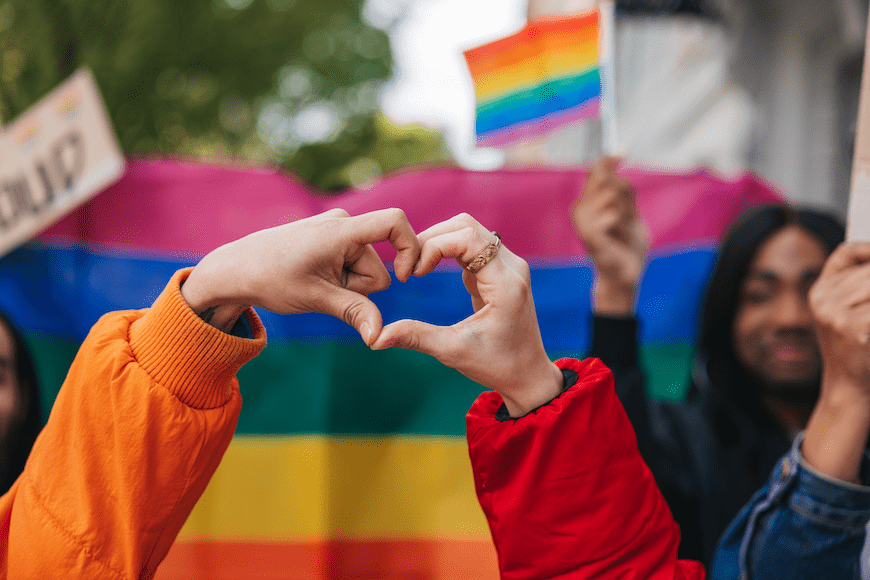Simone Biles, widely considered the greatest gymnast of all time, is returning to the sport more than three years after going public with her mental health struggles. At the 2020 Tokyo Olympics, Biles withdrew from several events citing intense psychological pressure.
In an interview with the Today Show at the time, Biles said that she “always had anxiety” but that it “got really bad” in the months leading up to the Olympics. She said that she was “overwhelmed” and “felt like I was going to pass out” before her first event in Tokyo.
Biles said she felt immense stress as a world-class athlete. She talked about being plagued by the “twisties,” a mental block that caused her to lose track of where she was in the air during twists and flips. “I have to focus on my mental health and not jeopardize my health and well-being. We have to protect our minds and our bodies and not just go out and do what the world wants us to do,” she said.
Lurasidone for Anxiety Symptoms in Bipolar Depression
Cyberchondria Severity and Quality of Life
Pregnancy-Specific Anxiety Tool
Facing Fear
Alison Arnold, a clinical psychologist and owner of Headgames, a therapy group that works with gymnasts of all levels on mental training, commended Biles for having the courage and honesty to talk about her mental struggles.
“She set such a good precedent for gymnasts all over the world that even the best of the best struggle sometimes,” Arnold said. “It says yes we can struggle. And yes we can get help. And yes, we can return to being as good as or even better than we were before.”
Arnold often holds up Biles as a role model to the athletes she works with as an example of how to face the obstacles they encounter. She said that the twisties are a fairly common problem among gymnasts, “that is related to loss of control and overthinking.” That Biles spoke openly about her fears should inspire others from all walks of life to conquer their own fears, she said.
Mental Health Advocacy
Since the Olympics, Biles has become a prominent mental health advocate. She has spoken out on social media about her own experiences, encouraging others to seek help. Besides appearing in numerous public service ads promoting mental health awareness, she became the chief impact officer of a mental health startup, Cerebral.
“It’s okay to not be okay. It’s okay to ask for help. It’s okay to take a break,” she wrote in a 2021 Instagram post. “Mental health is just as important as physical health. You can’t neglect one without neglecting the other.”
Additionally, Biles is a prominent supporter of sexual abuse survivors. In 2021, she testified before the Senate Judiciary Committee about the sexual abuse she and other gymnasts endured from former USA Gymnastics team doctor Larry Nassar, and how the FBI botched its investigation.
Athletes Speak Up
Biles is part of a growing list of prominent athletes who say mental health should be a priority in sport. Among them is Michael Phelps, the most decorated Olympian of all time. He, too, has shared his struggles with depression, anxiety, and suicidal thoughts. After admitting to using alcohol and drugs to cope with his mental health challenges, he eventually sought professional help.
Naomi Osaka, the four-time Grand Slam tennis champion, has also been public about dealing with anxiety and depression. Simone Manuel, an Olympic gold medalist swimmer, has talked about overcoming depression and impostor syndrome. And fellow Olympic gymnasts Aly Raisman and Laurie Hernandez have also added their voices to the mental health discussion, especially as it relates to surviving sexual abuse.
Studies suggest that elite athletes are just as likely to experience mental health problems as the average person, but are more reluctant to seek help. On the other hand, research also indicates that when popular athletes do voice their experiences, it can have a positive impact on the public’s perception of mental illness and helps break down the stigma.
Looking Toward the Future
Biles is the most decorated gymnast in history. The now 26-year-old has won seven Olympic medals, including four golds. She will return to elite competition this August at the US Classic, a prominent event considered a stepping stone to the next Olympics.
In announcing her return, she said that she still struggles with the twisties. And, while she is still scared to do gymnastics, she is excited and more confident than she was in Tokyo. She is proud of herself and happy to be a leader for Nassar’s abuse survivors, she added.




